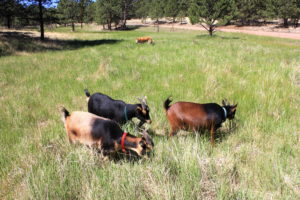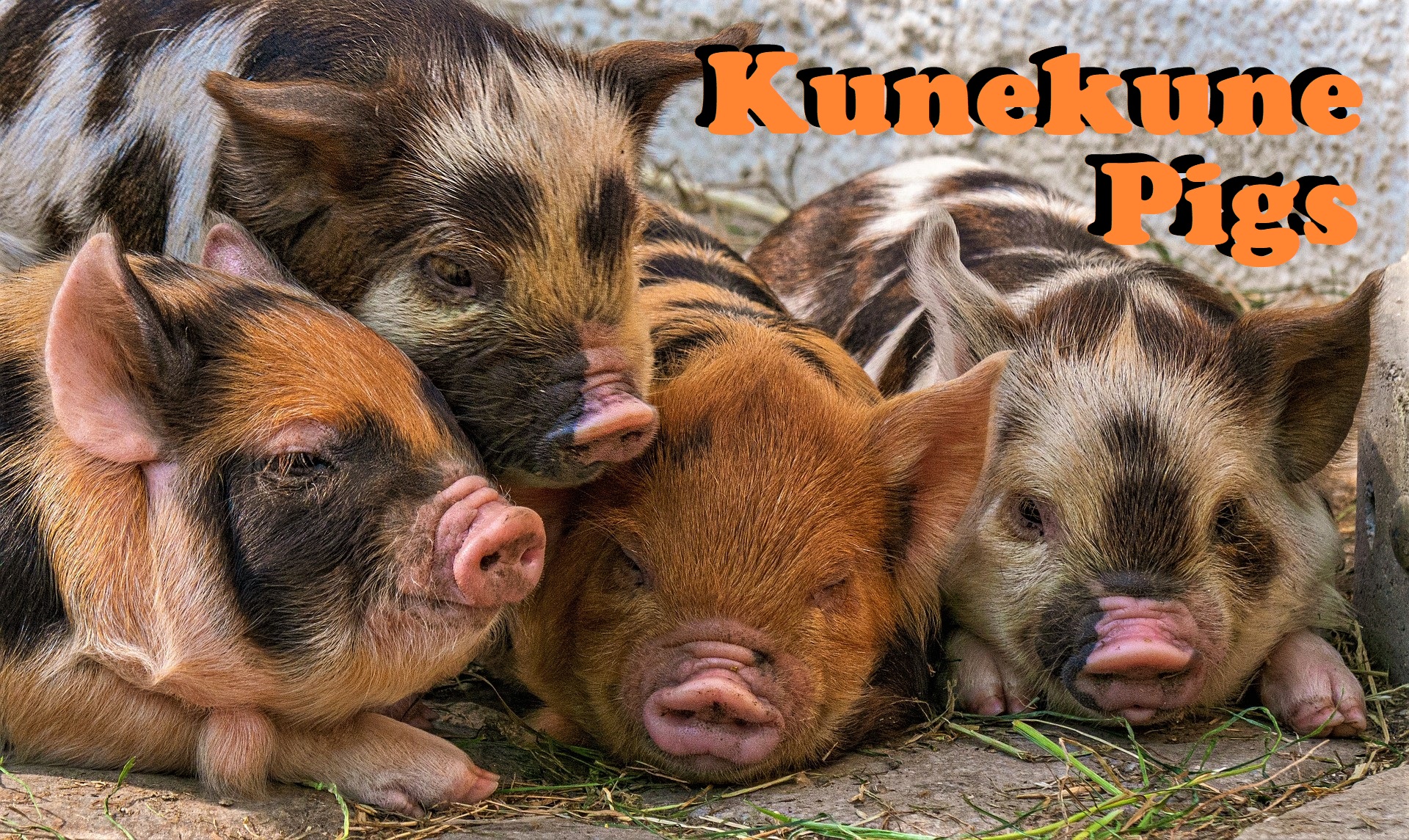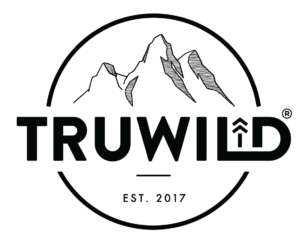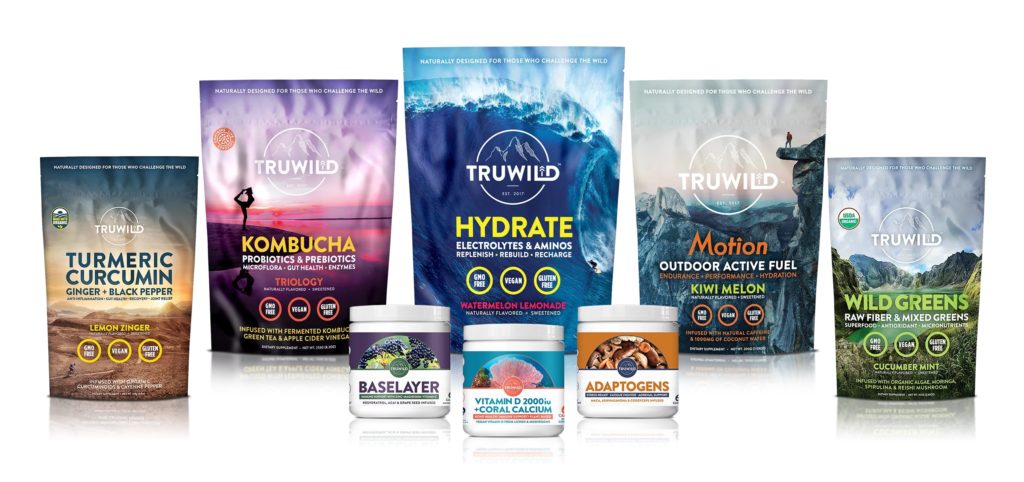Here I’ll cover a few things you may want to think about in your decision to buy a property for homesteading and what steered our decision.
Climate– Different people are going to have different preferences on regional weather. You’ll want to keep in mind the different obstacles and rewards each climate has and find plants and animals that will thrive in that area. For example, if you like the desert you may have a challenge with the heat or water scarcity so you’ll need to pick heat tolerant animals and drought tolerant plants, but on the plus side the winters won’t be frigid. We chose to go the opposite route in the cold mountains of Colorado. So, I needed to find out what cold tolerant animals and plants there were that would do well in our temperature zone and that can be grown within our short growing season. Investing in a good greenhouse would be essential in the mountains to extend your growing season.
 Zoning, HOA, and Neighbors– If you plan on having livestock you’ll want to make sure any property you pick is zoned to have them and how many your allowed to have. For example, based on the size of our property we’re allowed to have 20 hooved animals and an unlimited amount of birds.
Zoning, HOA, and Neighbors– If you plan on having livestock you’ll want to make sure any property you pick is zoned to have them and how many your allowed to have. For example, based on the size of our property we’re allowed to have 20 hooved animals and an unlimited amount of birds.
It was most important to us to make sure that we bought a property that did not have an HOA (home owners association). They’re a headache to deal with as they can be very restrictive and prevent you from building and doing things that you want to do. On the upside, our property is not a part of an HOA, but we got lucky and the properties located above us are HOA, so we get the “perks” of having the dirt road graded and snowplowed.
And finally, neighbors, this can be a difficult one to determine until you’ve moved in. From our property we only really have one next door neighbor who luckily had been very kind. If neighbors are a concern you can always try talking to the neighbors and let them know your intentions for the property you wish to purchase and gauge their reactions and whether or not they’ll be okay with it. It doesn’t hurt to offer them some of what you produce and toss them a dozen eggs, or pint of honey here and there. 
How Close To The City Do You Want To Be?– We wanted to be out there in the boonies but at the same time be within reasonable distance of town as we would still need to buy supplies, or even if one of us got hurt and we needed to rush to the hospital. I think we nailed it pretty well being 10 minutes away from the nearest gas station, 20 minutes from the nearest pet/feed store, 35 minutes from the nearest grocery store, and 45 minutes from the nearest big box stores, restaurants, and emergency hospital. 
What Can You Afford?– With our whole goal being self-sufficiency and to be debt free we wanted to buy a property that we’d be able to pay off within 2-3 years but also wanted the maximum amount of acreage that we could get. We wanted 5-10 acres for under $50,000, this meant buying a blank piece of property that has not been developed. Long story short we succeeded at this goal and now own our land outright so any money we make going forward goes towards building up the property.
How Much Land Do You Need?– Many people can do an impressive amount with under an acre. Those who want to make a living off their land like growing a crop may need more. A good tip that we did for affordability was to purchase a smaller piece of land that has other properties surrounding it so that you can buy up those surrounding properties later as they become available or as you can afford them. 
Banks vs Seller Financing
There are pros and cons to each though our preference was to go with seller financing. Seller financing is where you purchase through the seller directly instead of going through a bank. It allowed us to close on the deal quicker and gave us the opportunity to personalized some of the conditions of the contract. For instance, there’s many contracts that have a “balloon payment” included meaning at the end of the agreed upon time, say 5 years, you’ll then owe the remaining balance. If you can’t pay it then you lose everything including what you’ve paid so far as well as the land. Something we made sure of is that we were allowed to pay the property off early without any penalties or hidden fees. Some contracts won’t allow this so that the seller can earn the interest off of you. Either way you go, especially if you choose seller financing, you’ll want to double check for any back taxes or leans on the property to ensure that you don’t inherit those.






